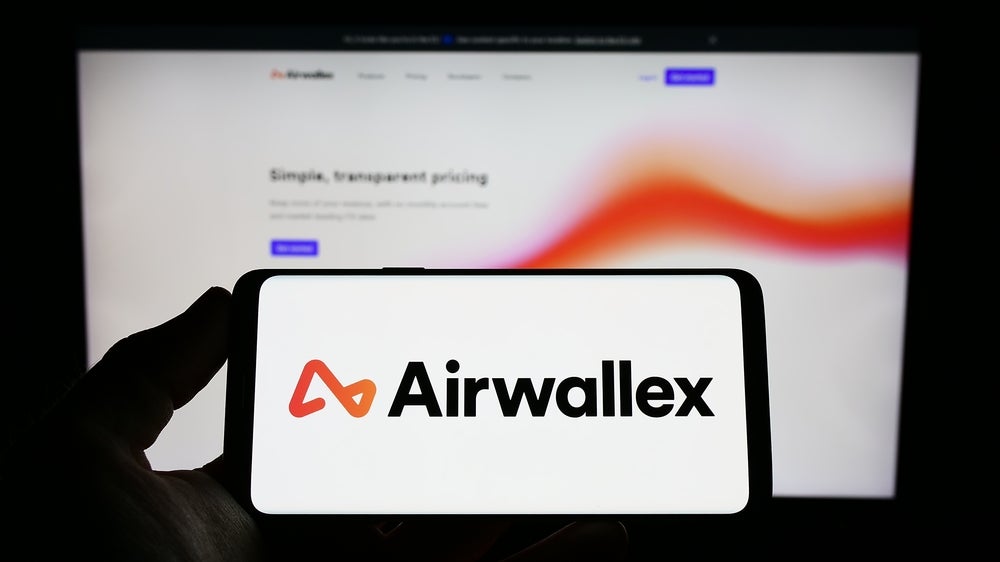
Clocking is becoming a genuine issue in the used car sector for the first time in decades, said Glass’s. According to the vehicle data provider, motorists have been illegally reducing mileage to avoid charges.
Drivers who exceeded the contracted number of miles on fixed mileage leases, such as PCP, turned to mileage adjustment companies to artificially reduce the number of miles showing on the odometer, in order to avoid an excess mileage penalty charge.
The practice is more popular on vehicles which are less than three years old, as they do not have an MOT certificate and they often have only one service stamp. This means that the paper trail doesn’t reveal that the mileage has been altered.
Rupert Pontin, head of valuations at Glass’s, said: "The issue tends to come to light when the car is prepared for sale either by the original dealer or another who has subsequently bought the car, probably at auction. When they plug the vehicle into their diagnostic rig as part of their standard vehicle preparation procedure and, depending on the model, an error code will show what has occurred.
"This places the dealer in a very difficult position because it is next to impossible to prove when the clocking took place. It is often too late to take any action against the driver because the PCP returns paperwork has already been processed and, anyway, they will usually just deny that they have clocked the car."
Rupert said that Glass’s had come across several cases of this type in recent months being reported by both dealers and motor auctions.
How well do you really know your competitors?
Access the most comprehensive Company Profiles on the market, powered by GlobalData. Save hours of research. Gain competitive edge.

Thank you!
Your download email will arrive shortly
Not ready to buy yet? Download a free sample
We are confident about the unique quality of our Company Profiles. However, we want you to make the most beneficial decision for your business, so we offer a free sample that you can download by submitting the below form
By GlobalDataHe said: "At this stage, it is very difficult to say how widespread this practice might be but we are certainly seeing an increasing amount of industry ‘chatter’ about the subject and it is considered a growing problem, especially as PCPs continue to massively increase their market penetration."
There was no easy answer to the problem, Rupert explained, although closer regulation of mileage adjustment companies was one potential route.
He said: "Mileage adjustment of electronic odometers exists for all kinds of good and perfectly legal reasons, such as to correct the reading on a car that has had its dashboard replaced or where the odometer has failed. However, while we have no reason to believe that the majority of operators are anything other than ethical, there do appear to be at least a few who will reduce your mileage without asking many questions.
"One solution is for dealers to check vehicles for clocking as part of their standard PCP returns procedure. This would effectively ‘prove’ that the vehicle had been clocked during the contract period, placing the onus on the driver for what is, after all, a form of fraud and quite a serious crime."







